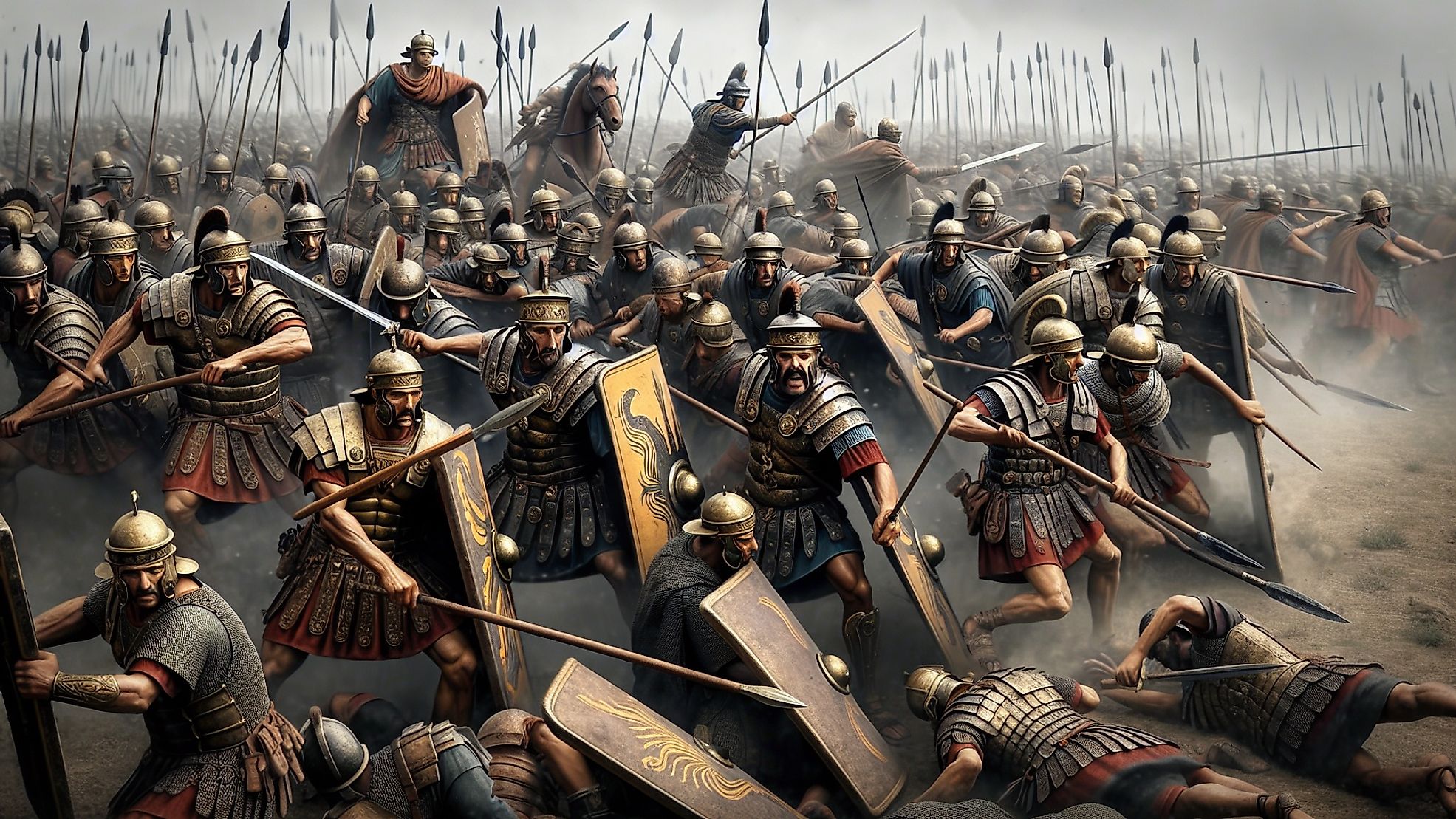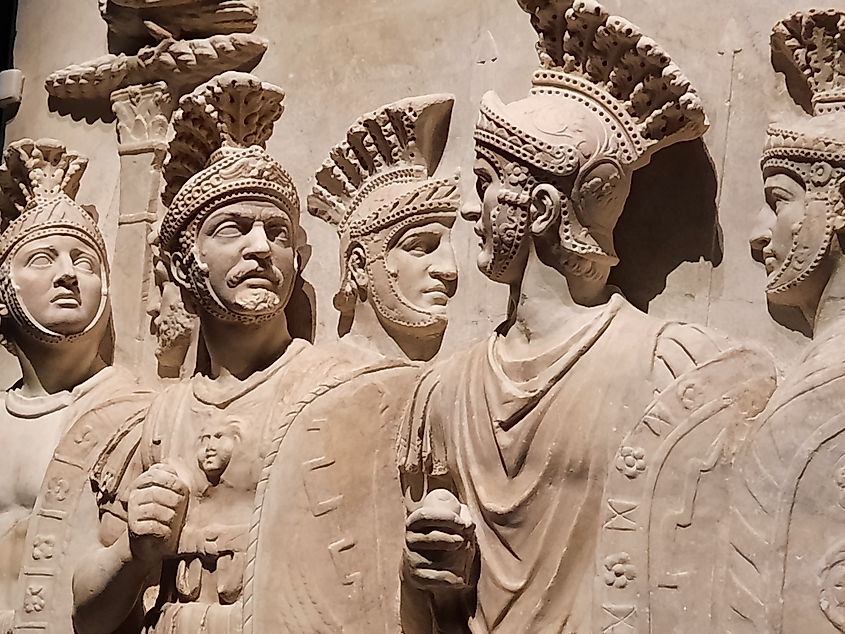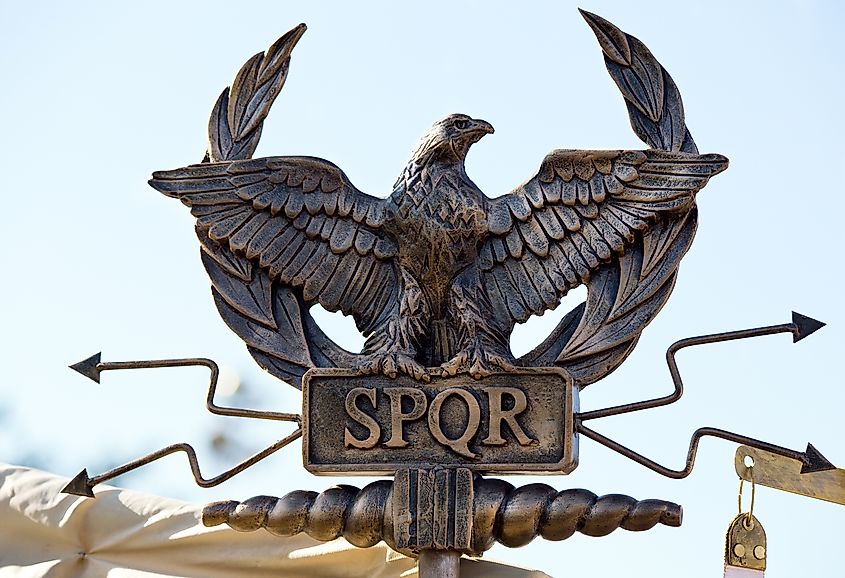
What Was Life Like in the Roman Army?
The Roman army was one of the most formidable military forces in ancient history, playing a pivotal role in the expansion and maintenance of the Roman Empire. Life in the Roman army was characterized by strict discipline, rigorous training, and a unique social structure that influenced the soldiers and broader Roman society. This article explores the daily life of a Roman soldier, examining the structure of the Roman army, the training regimen, living conditions, social status, and the psychological impact of military service.
The Structure of the Roman Army

The Roman army was a well-organized and highly disciplined force divided into various units. The primary unit was the legion, typically consisting of around 4,800 to 5,200 infantrymen, divided into cohorts and further into centuries. Each century was led by a centurion, a highly experienced and respected officer. The legion was supported by auxiliary troops, who were non-citizen soldiers often recruited from the provinces of the empire. These auxiliaries provided additional infantry, cavalry, and specialized forces such as archers and slingers.
In addition to the regular army, there was also a system of praetorian guards who served as personal bodyguards to the emperor and urban cohorts who maintained order within Rome. The hierarchy within the army was strict, with promotions based on merit, experience, and social connections.
Rigorous Training and Discipline

Training in the Roman army was grueling and designed to prepare soldiers for the physical and psychological demands of combat. Recruits underwent extensive training in marching, weapons handling, and combat techniques. Daily drills included marching up to 20 miles with full gear, practicing formations, and engaging in mock battles. The Roman soldier's equipment, including the gladius (short sword), scutum (shield), and pilum (javelin), required extensive training to master.
Discipline in the Roman army was notoriously strict. Soldiers were expected to maintain their equipment, adhere to strict schedules, and follow orders without question. Punishments for infractions were severe, ranging from fines and demotion to flogging and execution. Collective punishment, such as decimation, where one in ten soldiers of a unit was executed for the failure of the group, was also employed to maintain discipline.
Daily Life and Living Conditions

Life in the Roman army was not solely about training and combat. Soldiers also engaged in various daily tasks, including construction work, fortification building, and maintaining Roman roads. These tasks were essential to the army's operational success and the infrastructure of the Roman Empire.
Living conditions for Roman soldiers varied depending on their location. In permanent forts, soldiers lived in barracks, typically sharing a room with up to eight comrades. These quarters were cramped and offered minimal privacy. However, the forts were well-organized, with facilities including bathhouses, latrines, and a principia (headquarters) where the unit's standards and administrative offices were located. In the field, soldiers lived in temporary camps, constructing makeshift fortifications each night for protection. These camps were arranged in a grid pattern, reflecting the Roman preference for order and discipline.
Social Status and Rewards

Serving in the Roman army offered several advantages, particularly for lower-class citizens and non-citizens. Roman soldiers were paid a regular salary, known as the stipendium, and received a share of the spoils of war. In addition to monetary rewards, soldiers could also be granted land upon retirement, especially if they had served in a remote or newly conquered province. These land grants were often located in areas that needed Romanization, further extending the empire's influence.
For non-citizens, service in the Roman army offered a path to Roman citizenship, a highly coveted status that provided legal and social benefits. After serving for 25 years in the auxiliary units, soldiers were granted citizenship, not only for themselves but also for their descendants. This policy encouraged loyalty among the provincial populations and integrated diverse groups into the Roman state.
The prestige associated with military service also allowed veterans to attain significant social standing within their communities. Many retired soldiers took on roles in local governance, leveraging their military experience and connections to influence regional politics.
Psychological Impact of Military Service

While the Roman army offered many benefits, life as a soldier was also psychologically demanding. Soldiers faced the constant threat of injury or death in battle, and the brutal nature of Roman warfare could leave lasting emotional scars. The army's strict discipline and harsh punishments for insubordination or failure could also lead to anxiety and stress among the ranks.
To cope with the psychological pressures, the Roman army fostered a strong sense of camaraderie among soldiers. The close bonds formed between comrades in arms were reinforced by rituals, such as the sharing of food and drink, and the communal experiences of marching, training, and fighting together. Religious practices also played a significant role in maintaining morale, with soldiers participating in various rituals and sacrifices to seek the favor of the gods.
Life in the Roman army was a complex blend of discipline, duty, and reward. Soldiers endured rigorous training, strict living conditions, and the psychological toll of warfare, but they were also rewarded with social status, monetary compensation, and the opportunity for advancement. The Roman army was not only a military force but also a crucial institution that shaped the social and political landscape of the Roman Empire. Understanding the daily life of a Roman soldier provides valuable insights into the empire's success and the enduring legacy of its military traditions.











